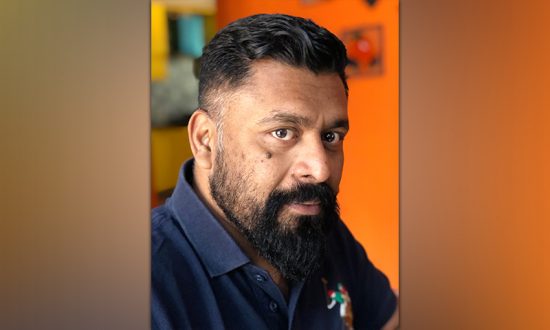Sanjai Velayudhan is an acclaimed brand strategist for global brands, who brings to the table 23 years of diverse market experience. Sanjai has been instrumental behind product strategies for mega brands, designing gamified and technology-based elements to increase customer engagement and satisfaction. He is also the author of the acclaimed novel ‘Dance of the Spirits’.
Social media derives its powers from a sense of participative democracy as far as opinions and viewpoints are concerned. They exploit the immense capabilities of mobile and web-based technologies to create highly interactive platforms. These platforms empower individuals or ‘communities’ to share, create, discuss and exchange heterogeneous content. Due to the fact that all content is user-generated, it imbues it with a magical sense of authenticity. There is a sharp contrast between social media platforms (SMPs) and traditional media channels due to the fact that the former predominantly include content creators. A singular lack of content reviewers raises questions about certain types of content posted on SMPs. The greatest superpower of SMPs lay in the fact that they can provide “instant” news and can be a great wealth of information along with misinformation and disinformation. With the rising popularity of SMPs, it has become crucial to verify and determine accurate information in them. Information on SMPs suffers from a relative lack of professional gatekeepers to monitor content.
It is indeed an irony that the very power imbued by its large-scale collaborative nature of generating content is often viewed with scepticism. ‘News’ that appears on it is not considered as reliable. An increasing number of people have started looking up sources on the internet for health and medical information. It is estimated that approximately three out of four people search for health-related information online. With the increasing rate of digital literacy, the ability of the masses to troll the internet for information is increasing.
Algorithms deployed by SMPs and web platforms often ‘recommend’ content based on consumption patterns. This often leads to passive or incidental exposure creating reinforcement loops. This faculty to tailor preferences to consume content or information of a certain type can create psychological “bubbles” or “echo chambers”. This leads to the risk of reinforcing existing beliefs. The inherent power of social media to usher in new ideas and thus change to antiquated perception thus perishes quietly.
Human tendencies to hold on to beliefs and ideologies has bared their fangs, especially during the coronavirus pandemic. We have witnessed how misinformation about this disease and vaccinations spread rapidly across SMPs and online forums. With most people trying to avoid the needles or the SARS-CoV-2 RT-PCR tests, the shortcuts suggested by quacks were taken as ‘medical advice. Such advice proved to be fatal to many.
While SMPs are capable of amplifying misinformation and disinformation in harmful ways, we need to realise that these are just technical behemoths that serve as mediums for the exchange of information. Though these platforms do have the responsibility to provide quality information to their consumers, it might not be easy to intervene and sanitise information. Practically speaking all these SMPs thrive on member-generated content. The tremendous reach of SMPs among broad and diverse audiences constitute their superpower but it also limits its powers of verification & authentication. So, till the time SMPs figure out a fool-proof, automated solution to weed out fake news or harmful information, the responsibility needs to be shared between the triad-SMPs, content creators & content consumers. Just like they advertise alcohol, we should remember that content needs to be consumed responsibly.


